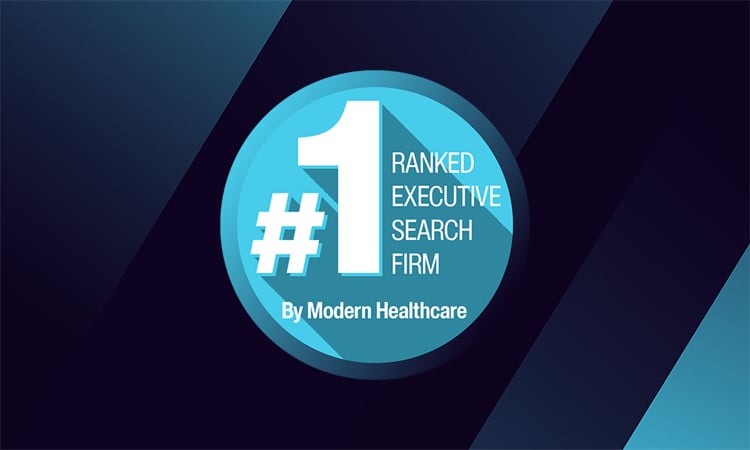
Top 10 Skills of High-Performing Healthcare Leaders
In today's rapidly evolving healthcare landscape, effective leadership is more crucial than ever. Healthcare leaders face a dizzying array of challenges, from implementing reform mandates to addressing staffing shortages. The ability to adapt and thrive in this complex environment requires a unique set of skills. For healthcare administrators and executives aiming to lead their organizations successfully, mastering these top ten skills is essential.
1. The Visionary Approach
A clear vision acts as a roadmap for success. High-performing healthcare leaders not only visualize the future but actively plan and communicate this vision at every level of their organization. By setting actionable and measurable goals, leaders ensure that the entire team is aligned and engaged in the shared mission. This foresight allows them to anticipate challenges and position their organizations for long-term success.
For example, a hospital executive might focus on integrating cutting-edge technology to improve patient outcomes. By clearly articulating this vision, they can rally support from staff, stakeholders, and even patients, creating a unified effort toward innovation.
2. Change as Opportunity
In healthcare, change is constant. Regulations shift, technologies evolve, and patient demographics fluctuate. High-performing leaders view these changes not as obstacles but as opportunities for growth. They remain agile, adapting strategies to seize new possibilities while maintaining alignment with their overarching vision.
Consider a healthcare administrator who leverages telemedicine to reach underserved communities. By viewing regulatory changes as opportunities rather than hindrances, they can expand access to care and improve community health outcomes.
3. Courage in Risk-Taking
Effective leaders possess the courage to take calculated risks. They understand that innovation often requires venturing into uncharted territory. By thoroughly analyzing potential risks and rewards, they make informed decisions that can propel their organizations forward.
For instance, a healthcare CEO might invest in a new electronic health record system despite initial resistance. By demonstrating the benefits, such as improved data accuracy and patient care, they inspire confidence and drive organizational progress.
4. The Art of Influence
Influence is a powerful tool for healthcare leaders. Successful leaders know how to harness their influence to overcome resistance and drive change. By fostering strong relationships and cultivating trust, they can guide their teams toward shared objectives.
An example of this is a nursing director who champions a new patient safety initiative. Through open communication and collaboration with staff, they gain buy-in and successfully implement practices that enhance patient care.
5. Engagement at Every Level
Healthcare is fundamentally a relationship-driven industry. High-performing leaders engage with stakeholders at all levels, from employees and physicians to patients and the broader community. By fostering these connections, they create a sense of belonging and purpose.
Imagine a hospital administrator who regularly hosts town-hall meetings with staff and patients. This open dialogue fosters transparency, encourages feedback, and strengthens the organization’s commitment to excellence.
6. Talent Recognition and Development
The ability to recognize and nurture talent is a hallmark of exceptional leadership. Effective leaders identify individuals with the potential to contribute meaningfully to the organization’s success. By investing in talent development, they build a high-performing team that shares their vision.
A healthcare executive might implement mentorship programs, pairing seasoned professionals with emerging talent. This approach not only enhances individual growth but also strengthens the organization’s leadership pipeline.
7. Positivity and Energy
Optimism and energy are contagious. High-performing leaders maintain a positive outlook and radiate enthusiasm, inspiring their teams to push through challenges. Their unwavering belief in the mission energizes those around them.
For instance, a healthcare leader faced with budget cuts might rally their team by focusing on creative solutions and celebrating small victories. This positive atmosphere fosters resilience and commitment.
8. Business Acumen in Healthcare
While healthcare is a calling, it is also a business. Successful leaders understand the importance of balancing compassion with financial sustainability. They leverage consumer-centric approaches to enhance patient experiences and drive business success.
A healthcare administrator might implement a patient feedback system to identify areas for improvement. By aligning business strategies with patient needs, they create a win-win scenario that benefits both the organization and its customers.
9. The Power of Mentoring
Mentorship is a vital component of leadership development. High-performing leaders create environments where current and future leaders can learn and grow. This investment in human capital ensures a legacy of strong leadership.
Consider a hospital CEO who establishes a leadership development program for young professionals. By providing guidance and opportunities for skill-building, they cultivate the next generation of healthcare leaders.
10. Commitment to Continuous Learning
Leadership is a lifelong learning journey. High-performing leaders actively seek out opportunities for growth and development. Whether through reading, attending seminars, or networking with peers, they continuously hone their skills.
A healthcare executive might participate in industry conferences, gaining insights from global leaders and sharing best practices. This commitment to learning keeps them at the forefront of innovation and leadership.
Leading with Vision and Purpose
As healthcare continues to evolve, leaders who master these skills will be poised for success. By cultivating a visionary approach, embracing change, and fostering engagement, they can guide their organizations through uncertainty and opportunity.
For healthcare administrators and executives, the path to high performance begins with a commitment to continuous learning and a dedication to developing the next generation of leaders. By embodying these skills, they can drive meaningful change and make a lasting impact on the industry.



